Other Research Chairs
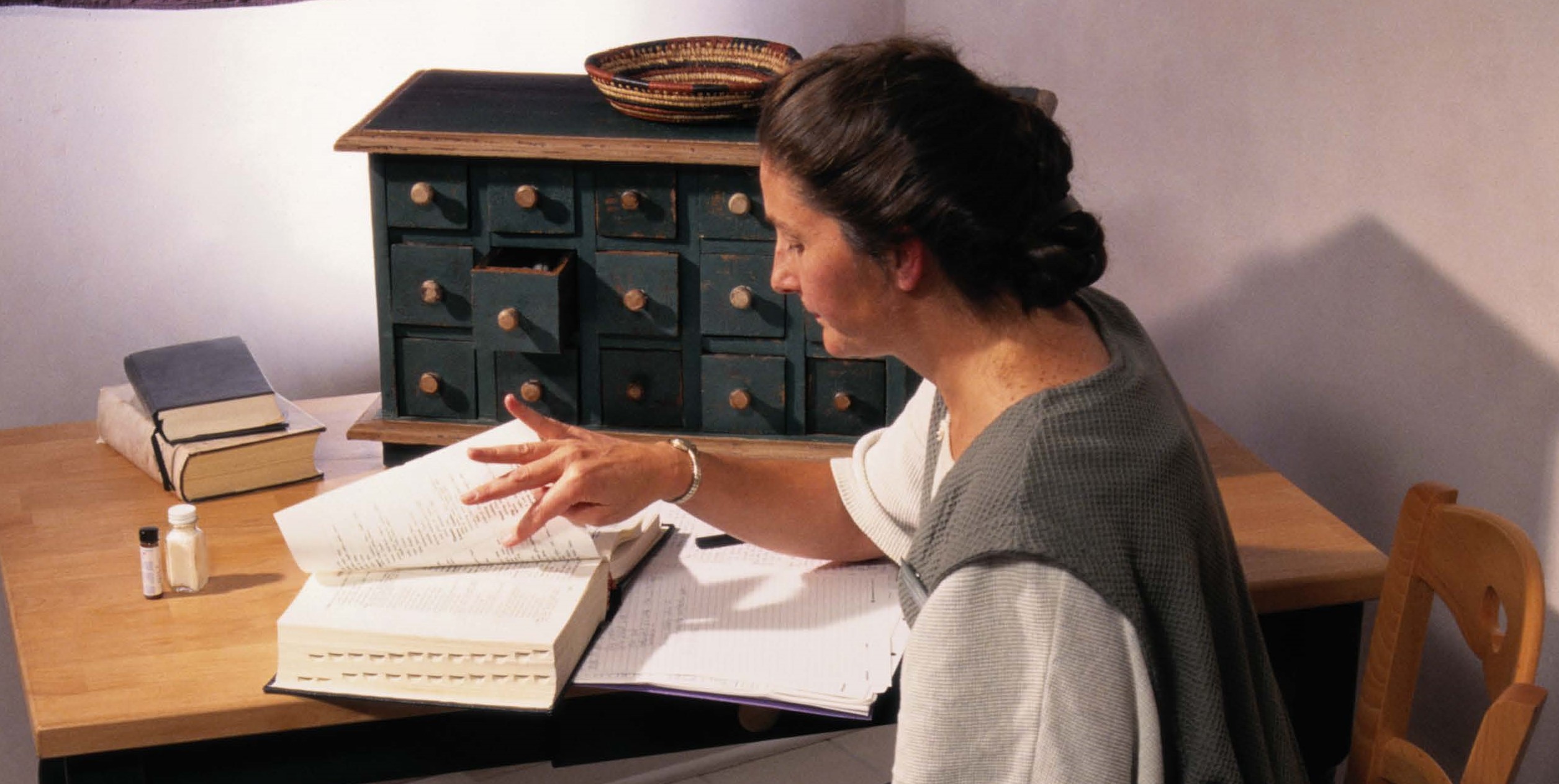 Lakehead University is proud to have a formidable team of experts leading ground-breaking discoveries and developments, including: our Canada Research Chairs, Lakehead University Research Chairs, Science and Environmental Studies Faculty-Based Research Chairs, Lakehead University/Ontario Research Chair in Injury & Disability Prevention, NOHFC Industrial Research Chairs, and Lakehead University/Thunder Bay Regional Health Research Institute Research (TBRHRI) Chairs. These Chairs are among those spearheading prominent research initiatives.
Lakehead University is proud to have a formidable team of experts leading ground-breaking discoveries and developments, including: our Canada Research Chairs, Lakehead University Research Chairs, Science and Environmental Studies Faculty-Based Research Chairs, Lakehead University/Ontario Research Chair in Injury & Disability Prevention, NOHFC Industrial Research Chairs, and Lakehead University/Thunder Bay Regional Health Research Institute Research (TBRHRI) Chairs. These Chairs are among those spearheading prominent research initiatives.
Lakehead University Research Chairs
Lakehead University Research Chairs (LURCs) recognize high quality research, scholarly and creative achievement by providing a two-year research grant to support an individual’s program of research. The Lakehead University Research Chairs program is a key element in retaining outstanding research talent at our institution. LURCs are recruited every two years through a competitive process.
No results, please try again.
| Dr. Katherine Kortes-Miller, Lakehead University Research Chair on Aging and End-of-Life, School of Social Work / Centre for Education and Research on Aging & Health (CERAH) (2023-2026) |
Start Date: May 1, 2023 Key words associated with the Chair's Research:My research experience is interdisciplinary and collaborative contributing to a broad range of fields of study including: social work, palliative care education, gerontology, and MAiD Anticipated Research Impact (importance of the research and how it will benefit Canadians):This proposed research responds to a regionally relevant issue occurring throughout NWO, access to healthcare, specifically access to medical assistance in dying. It is important to understand what information and supports Canadians need at end of life. Lakehead University Research Chair Project: The Experience of MAiD in Northwestern Ontario; A qualitative research studyAccording to the Canadian Government’s most recent annual report on Medical assistance in dying (MAiD), there were 10,064 deaths using MAiD in Canada in 2021. It was estimated that there were over 150 MAiD provisions in Northwestern Ontario. Data is not gathered on the number of requests for MAiD made or assessments completed but MAiD not provided in our region. This research will explore experiences of people from Northwestern Ontario who have tried unsuccessfully to access MAiD. Interviews with individuals and their family and friends and digital stories will be used to deepen our understanding and awareness of these experiences. This research responds to a regionally relevant issue occurring throughout Northwestern Ontario, access to healthcare, specifically access to MAiD. It is strongly aligned with Lakehead University’s research priority of Cultures, Societies and Social Justice. The objectives of this research project are to:
For more information about Dr. Katherine Kortes-Miller, please visit her profile |
| Dr. Leila Pakzad, Lakehead University Research Chair in Respiratory Aerosol Dynamics with Applications to Pharmaceutical Drug Delivery, Department of Chemical Engineering (2023-2025) |
Start Date: May 1, 2023 Key words associated with the Chair's Research:Drug delivery, Aerosol characteristics, Deposition efficiency, CFD modeling, Redesign Inhalers Anticipated Research Impact (importance of the research and how it will benefit Canadians):This research is of great importance to the pharmaceutical and biotechnology industry in Canada and to the health of Photo of Dr. Leila Pakzad, LURC in Respiratory Aerosol Dynamics with Applications to Pharmaceutical Drug DeliveryCanadian residents. Conventional inhaler devices are widely used but inefficient at delivering pharmaceutical drug aerosols to the lungs due to high (>25%) deposit losses in the device and month-throat airway. Failure to deliver the necessary drug to the lungs may result in severe health problems, ranging from side effects to clinical treatment failure. Reducing these losses means better health outcomes for patients. Further, a lower dose of drugs can be used, which minimizes side effects and lowers costs. Inhaler device performance is, therefore, vital for optimal drug delivery to the site of action and subsequent clinical outcomes. The design of current inhaler devices is based on limited empirical data. The proposed experimental and modelling research program will improve our understanding of drug aerosol/particle/droplet generation, delivery, and deposition in the human respiratory tract. It will provide guidance to assess the performance of existing conventional inhaler devices, upgrade existing designs, and design novel devices. This will result in more efficient use of medications and, thus, cost savings for the pharmaceutical industry and patients. It will also improve inhaler device design and selection, facilitate more reliable monitoring and control of drug delivery, and increase throughput for existing devices. Thus, the proposed research will contribute to the Canadian pharmaceutical industry's financial health and will impact Canadian society through improved quality of life and health in the face of air pollution and disease. The research plan could also impact education by fostering innovation in the curriculum of the Chemical Engineering departments. Furthermore, it will promote respiratory drug delivery as an area of specialization in Chemical Engineering. In addition, graduate students participating in the proposed research program obtain practical and modelling skills that will guide them to make significant contributions to the future. This proposed program is also relevant for inhaler design, making it attractive to companies engaged in such development, besides the expected fundamental contributions to respiratory drug delivery, a new patent application is envisioned. Lakehead University Research Chair Project: Respiratory Aerosol Dynamics with Applications to Pharmaceutical Drug DeliveryChronic obstructive pulmonary disease is the third leading cause of death worldwide, with mortality to rise to 3.2 million in 2019. Effective treatment of respiratory diseases depends on the properties of the aerosol produced by an inhaler and the lungs' drug deposition efficiency, requiring an understanding of aerosol behaviour. My multiphase (solid-liquid-gas) flow research focuses on interactions between solid particles, liquid droplets, and gas bubbles in drug inhalation systems. This research proposal aims (1) to link drug deposition to inhaler design and operation and, ultimately, to drug deposition efficiency, (2) to identify and eliminate conditions leading to aerosol drug flow pathologies, and (3) to design a novel aerosol delivery system that can efficiently produce small aerosol particles and deliver a reliable dose to the lungs. The proposed program will use experimental, numerical, and theoretical methods to address fundamental challenges related to inhaler device design. It will assess the performance of inhalers, guide to upgrade current designs and facilitate the design of new devices. This research chair appointment is instrumental in allowing me to escalate my research in respiratory drug delivery effectively. Combined with funding from other sources, it will support a growing research group in fluid dynamics, multiphase systems, drug delivery, and CFD modelling and simulation. The proposed research will also lay the foundation for developing research collaborations with the pharmaceutical and biotechnology industries and other faculty members at LU and the Northern Ontario School of Medicine. For more information about Dr. Leila Pakzad, please visit her profile |
| Dr. Aislin Mushquash, Lakehead University Research Chair in Youth Mental Health, Department of Psychology (2024-2026) |
Start Date: November 1, 2024 Key words associated with the Chair's Research:
Research Chair Project Title Understanding and evaluating digital mental health technologies to support youth in underserviced areas
Anticipated Research Impact (importance of research and how it will benefit Canadians) Mental health difficulties remain a serious health issue among Canadian youth. Seventy-five percent of mental health disorders emerge before age 25. At any given time, one in every eight youth under the age of 18 years has a mental health disorder requiring specialized health services. Sadly, many youth requiring specialized services do not receive them, especially youth in rural, remote, and Indigenous communities. Dr. Mushquash’s research addresses these critical issues by studying innovative prevention and intervention efforts designed to promote mental wellness and address mental illness among youth. Dr. Mushquash’s research is regionally responsive. She works closely with community partners across mental health, child welfare, and education sectors, along with Indigenous communities and support services, to ensure that her work is addressing questions of relevance and identifying solutions that meet local youth, community, and system needs.
Public Summary describing LURC Project Research to date positions the JoyPop app as a promising digital tool for supporting mental health, especially in underserviced areas. To have the greatest impact on youth, “scaling-out” evidence-based tools broadly across sectors is important. As the majority of youth spend a large proportion of time in educational settings, schools offer a convenient location to implement mental health interventions. However, despite this promise, many school-based initiatives are resource intensive and heavily reliant on over-stretched school-based mental health staff. These challenges highlight the need for mental health supports like the JoyPop app which are self-initiated and easily implemented with no additional burden placed on existing programs and staff. Since challenges with emotion regulation underlie various mental health difficulties and are closely related to youth’s success, resilience, and motivation in school, the JoyPop app (with its focus on improving emotion regulation) is a promising tool for expansion into secondary school settings. Research objectives tied to the Lakehead University Research Chair projects include:
For more information about Dr. Aislin Mushquash, please visit her web page. |
| Dr. Waleed Ejaz, Lakehead University Research Chair in Future Wireless Networks: Enabling Seamless and Ubiquitous Connectivity, Department of Electrical and Computer Engineering (2025-2027) |
Start date: May 1, 2025 Key words associated with the Chair's Research:
Anticipated Research Impact (importance of research and how it will benefit Canadians)This research will make Canada a more connected, sustainable, and economically competitive by improving connectivity, enabling smart cities, and enhancing emergency communication. Public Summary describing LURC ProjectThis research aims to enhance Canada's connectivity by developing resource management schemes integrating non-terrestrial networks into 6G networks. It optimizes these networks for reliable, cost-effective, and sustainable wireless access. The findings will guide industry and academia, shaping an inclusive and sustainable future for Canadians. For more information about Dr. Waleed Ejaz, please click here. |
| Dr. Martha Dowsley, Lakehead University Research Chair in Cultural Landscapes, Departments of Anthropology and Geography & the Environment (2025-2027) |
Start Date: May 1, 2025 Key words associated with the Chair's Research:
Research Chair Project Title Nurturing a Manomin/Wild Rice Research Network with Ontario Indigenous Communities Anticipated Research Impact (importance of research and how it will benefit Canadians)• Increase awareness of Canada’s only native grain Public Summary describing LURC ProjectManomin, or wild rice (Zizania palustris), was once a staple food for many people living in Ontario. Both Indigenous and Settler communities consumed manomin, and it was an essential supply from the Fur Trade era through the mid-19th century. The damming of our shared waterways and a disregard for this vital food plant have resulted in a much-diminished annual harvest, as well as ecological damage through the loss of habitat for waterfowl and other aquatic species. Ontario Indigenous communities are working independently or with neighbours to restore their relationships with manomin. Community goals include to restore wetland ecological function, support the resurgence of cultural practices, increase food security, strengthen Indigenous food sovereignty, and in some regions, commercialization. Evolving from a research relationship between Dr. Dowsley and Obishikokaang (Lac Seul First Nation), this project will build a knowledge network with Indigenous communities across Ontario to support and accelerate manomin restoration. For more information about Dr. Martha Dowsley, please click here. |
Faculty-Based Research Chairs
No results, please try again.
| Dr. Amanda Diochon, Faculty of Science and Environmental Studies Faculty-Based Research Chair in Biogeochemical Cycling of C in Northern Soils, Department of Geology (2022-2025) |
Key words associated with the Chair's Research:Soil organic carbon, biogeochemistry, land management, stable isotope, carbon cycling Anticipated Research Impact (importance of the research and how it will benefit Canadians):The influence of soil pH and calcium on soil carbon storage and stabilization are not well known in northern soils. These soils store globally significant amounts of carbon and changes in the pool can affect atmospheric concentrations of carbon dioxide and climate. Title of SES Research Chair Project: Biogeochemical Cycling of Carbon in Northern SoilsNorthern soils store a globally significant amount of organic carbon in soil organic matter (SOM). Decomposition of SOM releases carbon dioxide to the atmosphere as a by-product of microbial metabolism. Increases in soil pH resulting from wildfire or the application of lime in agriculture should accelerate the decomposition of these large stores BUT the increases in calcium that accompany the pH increase may protect SOM from decomposition. The chair will explore the effect of soil pH and calcium concentrations on the (de)stabilization of SOM in an established long-term field trial. |
| Dr. Debra Mackinnon, Faculty of Social Science and Humanities Research Chair in Social Change, Technology and Justice, Interdisciplinary Studies |
Start Date: July 1, 2025 Website Address of Researcher: https://debramackinnon.com |
Lakehead University/Ontario Research Chair in Injury & Disability Prevention
| Dr. Vicki Kristman, Lakehead University - Ontario Research Chair in Injury & Disability Prevention, Department of Health Sciences, Director & Senior Scientist, EPID@Work Research Institute |
Key words associated with the Chair's Research:Occupational health epidemiology; work disability prevention; psychological health and safety; workplace factors; equity, diversity, inclusion; knowledge mobilization For more information about Dr.Vicki Kristman, please visit her profile
|
Biorefining Research Chair
| Dr. Seyedrahman Djafaripetroudy Biorefining Research Chair, Assistant Professor, Faculty of Natural Resources Management |
Key words describing Chair's areas of research:
Anticipated Research Impact (importance of the research and how it will benefit Canadians):The Bio-refining Research Chair holds immense importance and is poised to deliver substantial benefits to Canadians. This research is dedicated to advancing sustainable materials research and the bio-refining of lignocellulosic materials, which are crucial for a greener and more eco- friendly future. The anticipated research impact can be summarized as follows: Environmental Sustainability:The project will contribute significantly to environmental sustainability by developing efficient processes for converting underutilized agricultural residues and waste materials into valuable bio-based chemicals and materials. This not only reduces waste but also decreases our reliance on non-renewable resources. Economic Growth:The research will promote the growth of a bio-refining industry in Canada, opening up new opportunities for employment, economic development, and investment. This industry has the potential to drive innovation and create new revenue streams. Resource Optimization:By focusing on lignocellulosic materials, we aim to optimize the use of bio-resources, enhancing their value and Renewable Energy:The research will contribute to the development of renewable energy sources and eco-friendly alternatives to petroleum-based products, aligning with Canada's commitment to reducing carbon emissions and promoting clean energy. Highly Qualified Personnel (HQP) Training:The project ensures the development of a skilled workforce in sustainable materials research, thereby contributing to the national and international scientific and technological capacity. Title of Bio-refining Research Chair Project:Advancing Sustainable Lignocellulosic Materials for a Greener Future: Fabricating Eco-Friendly Functional Chemicals, Advanced Materials, and Smart Sensors Public Summary describing Bio-refining Research Chair Project:The Bio-refining Research Chair project stands at the vanguard of pioneering cutting-edge research in the realm of sustainable materials and the bio-refining of lignocellulosic resources. Our central mission revolves around a profound transformation, one that seeks to revolutionize the conversion of underutilized agricultural and industrial residues into invaluable bio-based chemicals and materials. In doing so, we not only Moreover, our strategic positioning empowers us to serve as a potent catalyst for economic growth. We are committed to nurturing the establishment of a robust bio-refining industry within the boundaries of Canada. This emerging sector is poised to create a myriad of employment opportunities, spark innovation, and beckon vital investments. In this capacity, we wholeheartedly endorse and advance Canada's resolute dedication to renewable energy and the consequential reduction of carbon emissions. Furthermore, our unwavering dedication extends to the methodical and strategic development of Highly Qualified Personnel (HQP), who are poised to emerge as the vanguards of scientific and technological advancement across the expanse of Canada. In summation, the Bio-refining Research Chair project transcends the limitations of a mere undertaking; it emerges as an indispensable cornerstone of our overarching mission. We are committed to galvanizing a greener, more sustainable, and economically prosperous Thunder Bay, and the reverberations of our work extend far beyond, ultimately benefiting the entire region. Our groundbreaking research is not just confined to the lab; it resonates throughout Thunder Bay and Northwestern Ontario. It holds the promise of not only environmental sustainability and economic vitality but also a pathway to a greener, more prosperous future. Our commitment to innovation and sustainability knows no bounds as we actively contribute to Canada's renewable energy goals, economic growth, and environmental protection. We envision a future where our initiatives foster a dynamic bio-refining industry, creating jobs, promoting innovation, and driving investments. In the core of our mission lies the strategic development of HQP, the architects of Canada's technological and scientific progress. As we advance sustainable materials research, we prepare the next generation of experts to lead and innovate in various industries. The Bio-refining Research Chair project is more than research; it's a promise of a better future for Thunder Bay and the entire Northwestern Ontario region, rooted in sustainable practices, economic prosperity, and technological advancement. |
Lakehead University/Thunder Bay Regional Health Research Institute Research (TBRHRI) Chairs
Over the last number of years, Lakehead University and the Thunder Bay Regional Health Research Institute have established a joint research chair program that will appoint outstanding researchers who will further promote innovative research at both institutions. The first joint chair was appointed in 2011.
- Dr. Mitchell S. Albert, Lakehead University - TBRHRI Chair in Molecular Imaging and Advanced Diagnostics, Department of Chemistry, TBRHRI
- Dr. Michael Campbell, Lakehead University - TBRHRI Research Chair in Radiochemistry for Molecular Imaging and Advanced Diagnostics, Department of Chemistry, Department of Chemistry, TBRHRI
| Dr. Jinqiang Hou Lakehead University - TBRHRI Radiochemistry Research Chair, Department of Chemistry, TBRHRI |
Website address of researcher: hougroup.weebly.com Key words describing Chair's areas of research:Molecular Imaging, Medicinal Chemistry, Drug Discovery, Computational Drug Design, Machine Learning, Cancer Anticipated Research Impact (importance of the research and how it will benefit Canadians):Cancer stands as the leading cause of death in Canada, with metastasis being the primary factor behind cancer-related fatalities. Our research focuses on the discovery of novel molecules as therapeutic drugs and molecular imaging agents, with the potential to enable early cancer detection before it spreads and facilitate the effective management of late-stage cancer. Title of LU/TBRHRI Research Chair ProjectDiscovery of Therapeutic Drugs and Diagnostic Imaging Agents Public Summary describing LU/TBRHRI Research Chair ProjectOur research has a long-term goal to discover novel drug candidate molecules and molecular imaging probes as tools to investigate biochemical and biological processes in vivo, through implementing chemical, radiochemical, computational and artificial intelligent technologies. The research approach is inherently interdisciplinary, integrating aspects of basic chemistry research and translational biomedical research to effectively target cancer-promoting biomarkers. Currently we are focusing on targeting three important protein biomarkers (LPA1, Aurora kinases and PAR2) involved in tumorigenesis. |
NOHFC Industrial Research Chair
| Dr. Peter Hollings, NOHFC Industrial Research Chair in Mineral Exploration, Department of Geology |
Key words describing Chair's areas of research:
Anticipated Research Impact (importance of the research and how it will benefit Canadians):Results from this research will help enhance Ontario’s geosciences, and promote and strengthen existing links with international researchers, generating knowledge transfer to Northwestern Ontario and Canada as a whole. Title of NOHFC IRC Project:Industry Research Chair in Mineral Exploration Public Summary describing NOHFC IRC Project:This project will investigate Ni-Cu-PGE mineralized intrusions in the Thunder Bay- Lake Nipigon region of Northern Ontario. We will investigate the ~1.1 Ga Sunday Lake intrusion of the Midcontinent Rift and the ~2.7 Ga intrusions of the Lac des Iles complex, both of which are being explored by Impala Canada Ltd, the industry partner. The project will train five MSc, five HBSc and one PDF to complete an integrated program of research with two key objectives. 1) Characterization of the lithologic, petrographic, lithogeochemical and isotopic attributes of known mineralized intrusions of the Archean LDI complex and their country rocks in order to determine the source of the magma(s), its crystallization and differentiation history, the source of the metals and what role if any contamination played in the magma evolution. 2) Characterize the lithologic, petrographic, lithogeochemical and isotopic attributes of mineralized intrusions of the MCR . This study will utilize fundamental geological mapping and logging combined with traditional and state-of-the-art analytical techniques to characterize the intrusive history and paragenesis of the mineralized intrusions in the district. By so doing we will train young researchers in the key skills necessary for a successful career in the geosciences whether in academia, government or industry. The data generated in this study will be used to develop a model(s) for the mineralized intrusions that Impala Canada Ltd. can use to enhance their exploration efforts, and hopefully lead to mineral production. This project will contribute significantly to our understanding of the processes that form magmatic Ni-Cu-PGE systems and the high-grade zones within them. We will develop tools that can be applied by Canadian companies to aid in generating future discoveries. |
| Dr. Pedram Fatehi, Industrial Research Chair in Green Chemicals and Processes, Department of Chemical Engineering |
Start date of chair: 2015-01-01 (renewed 2020-01-01) Key words describing Chair's areas of research
Anticipated Research Impact (importance of the research and how it will benefit Canadians)This research will lead to developing new green chemicals and processes from the pulping industry’s under-utilized biomass. Title of NOHFC IRC ProjectGreen Chemicals and Processes
Public Summary describing NOHFC IRC Project:Pedram is working to generate environmentally friendly chemicals out of lignin, a little-used by-product of the pulping industry. He is investigating fundamental processes for converting lignin into water-soluble products for use in the chemical industry. His research should also lead to processes for producing these chemicals that are in harmony with the operations of the pulping industry. For more information about Dr. Pedram Fatehi, please click here. |
Lakehead University UArctic Chairs
| Dr. Chris Southcott, Department of Sociology, UArctic Chair in Resources and Sustainable Communities (2025-2029) |
Key words describing Chair's areas of research:
Anticipated Research Impact (importance of the research and how it will benefit Canadians):Rather than being something that threatens the well- being of northern communities, the potential exists for natural resources to be developed in a way that promotes the long-terms sustainability of these communities. Research will look at ways negative impacts can be mitigated, and how communities can have greater control over the benefits of resource development. Title of UArctic Chair Project:Ensuring resource development contributes to the long-term sustainability of northern communities. Public Summary describing UArctic Chair Project:As the world economy continues to expand and change, demand for natural resources is increasing. Natural resource industries are increasingly interested in new sources of supply in northern regions. This is occurring at a time when climate change has the potential to make Arctic resources increasingly accessible. Past experience has showed that communities in these regions have benefited little from resource exploitation. Indeed, Arctic and northern communities have experienced enormous social and economic challenges linked to impacts of past resource exploitation. This is especially the case for Indigenous communities. Communities are disrupted by extractive activities where few jobs go to local peoples and the arrival and departure of migrant workers creates great social problems. Added to these issues are attempts by the region’s Indigenous population to ensure that their traditional activities and cultures are maintained in the face of multiple stressors. In addition to social and health challenges, resource development often represents a threat to the northern environment upon which the traditional economy of the region’s Indigenous population still depend. The main objective of the research conducted by the Chair is to find ways of ensuring that resource development is done in a way that benefits northern communities. In addition to finding ways to mitigate past negative impacts, the Chair will examine new policies and models of development that increase local control of development and help ensure that any resource development that occurs helps to promote the long-term sustainability of these communities. |
| Dr. Sudip Rakshit, Department of Chemical Engineering, UArctic Chair in Integrated Sustainability Analysis and Circular Bioeconomy (2025-2029) |
Key words describing Chair's areas of research:Sustainability Analysis, Biorefining, Bioenergy, techno-economic analysis, environmental life cycle analysis, social life cycle analysis, circular bioeconomy Anticipated Research Impact (importance of the research and how it will benefit Canadians):Canada’s Arctic region is a vital part of the nation’s identity, economy, and global environmental responsibilities. The proposed research aims to contribute significantly to sustainable development in this fragile and rapidly changing environment by advancing sustainable resource utilization, renewable energy integration, and circular economy principles. The studies will include development of sustainable bioproducts and bioenergy for Arctic conditions, renewable energy for remote Indigenous communities and circular economy innovations tailored to the Arctic. By integrating research, education, and stakeholder collaboration, the research activity will strengthen Canada’s commitment to sustainable development and environmental stewardship in the Arctic. Title of UArctic Chair Project:Advancing Arctic Sustainability: Bioproducts, Bioenergy, and Circular Economies for Remote Communities Public Summary describing UArctic Chair Project:The project aims to promote sustainable development and energy resilience in Canada’s Arctic, addressing critical environmental, social, and economic challenges unique to this fragile region. By leveraging Arctic-specific biomass resources like marine algae, seaweed, willows, and grasses, we will develop innovative processes to produce biofuels, bioplastics, and other sustainable bioproducts tailored to Arctic conditions. We will collaborate with scientists and stakeholders across the Arctic to create a network dedicated to sustainable bioproduct research, ensuring solutions are informed by local expertise and knowledge. At the same time, we will explore renewable energy solutions for remote Indigenous communities, focusing on overcoming barriers to integrating biomass-based energy sources. This work will enhance energy security, reduce reliance on diesel and ice roads, and promote self-sufficiency in these regions. Additionally, we will adapt circular economy principles to the Arctic by developing tools to evaluate and improve the environmental and social benefits of circular resource management systems. This effort will support long-term sustainability while fostering economic growth in harmony with the Arctic’s pristine environment. Our project prioritizes community engagement and capacity building, offering training programs for students, researchers, and policymakers to promote sustainable practices. By combining cutting-edge research, traditional knowledge, and innovative collaborations, this initiative will position Canada as a global leader in Arctic sustainability, ensuring a healthier environment and a brighter future for northern communities. |



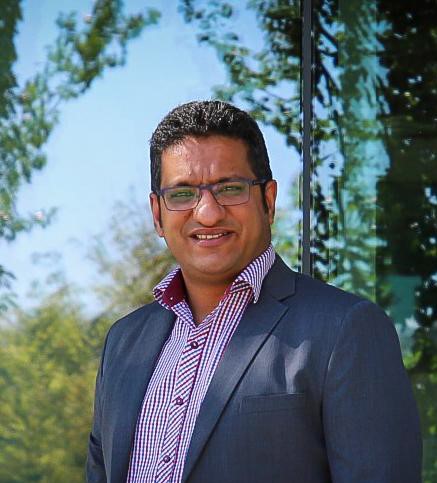
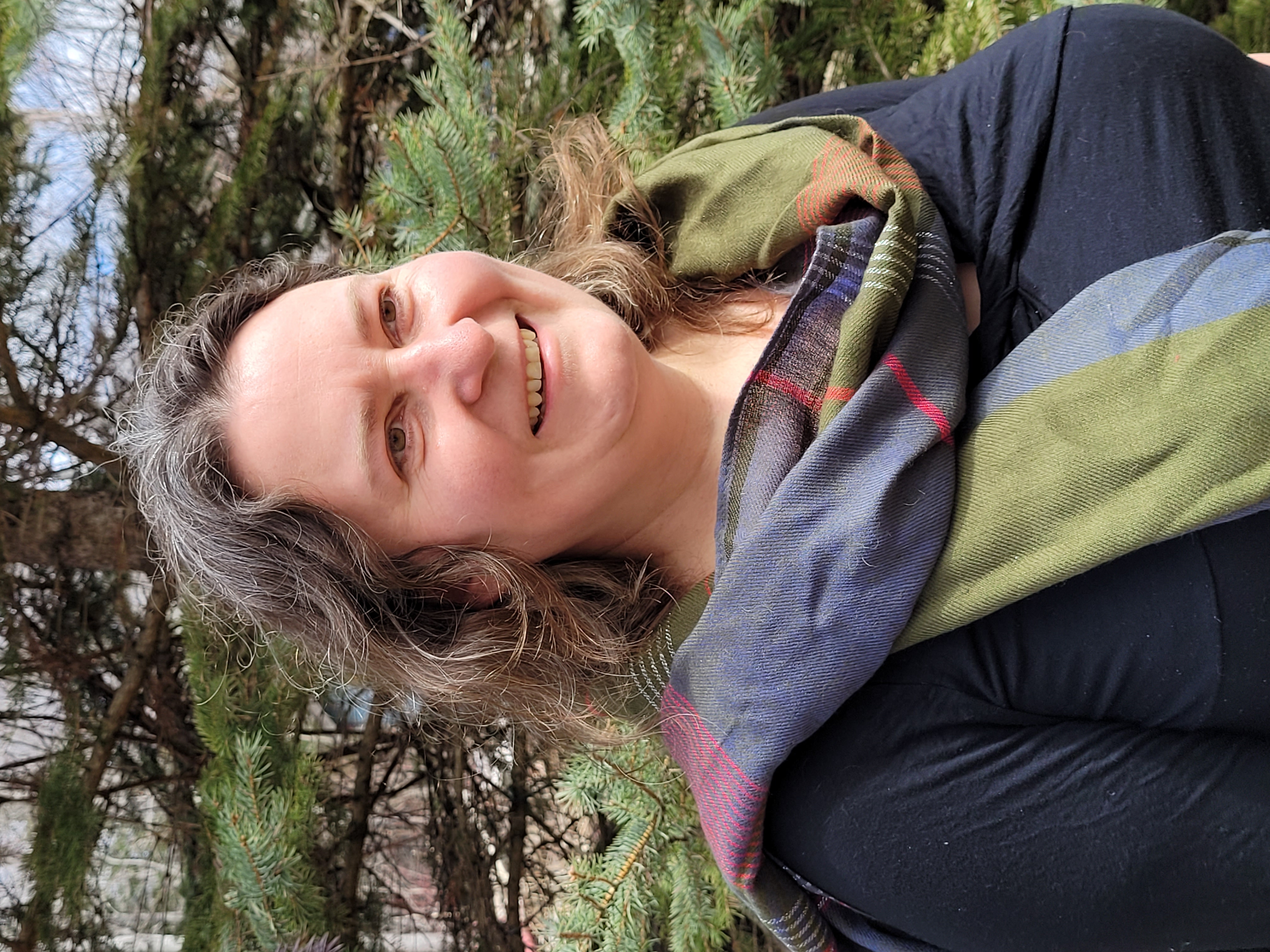
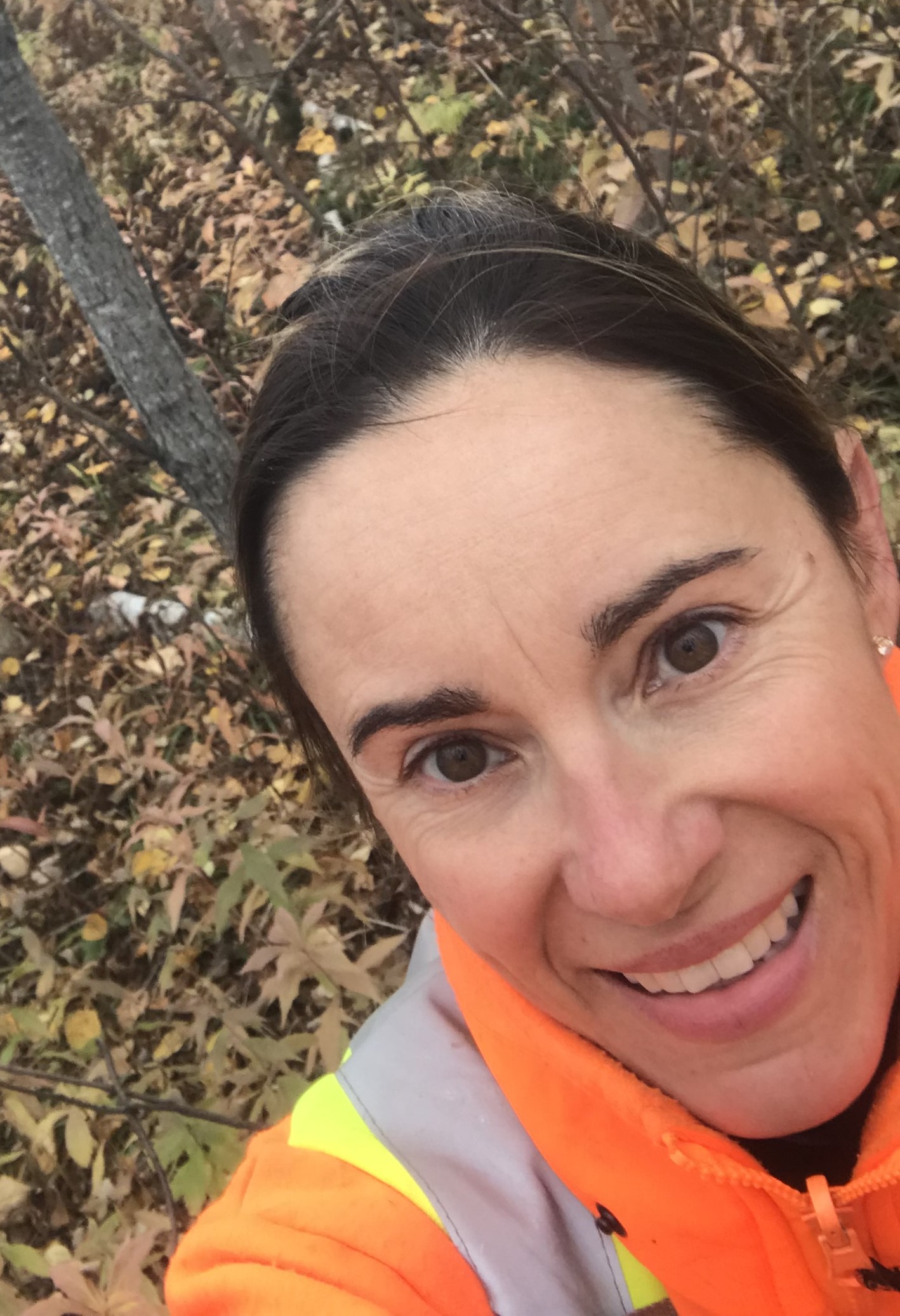 Start Date: July 1, 2022
Start Date: July 1, 2022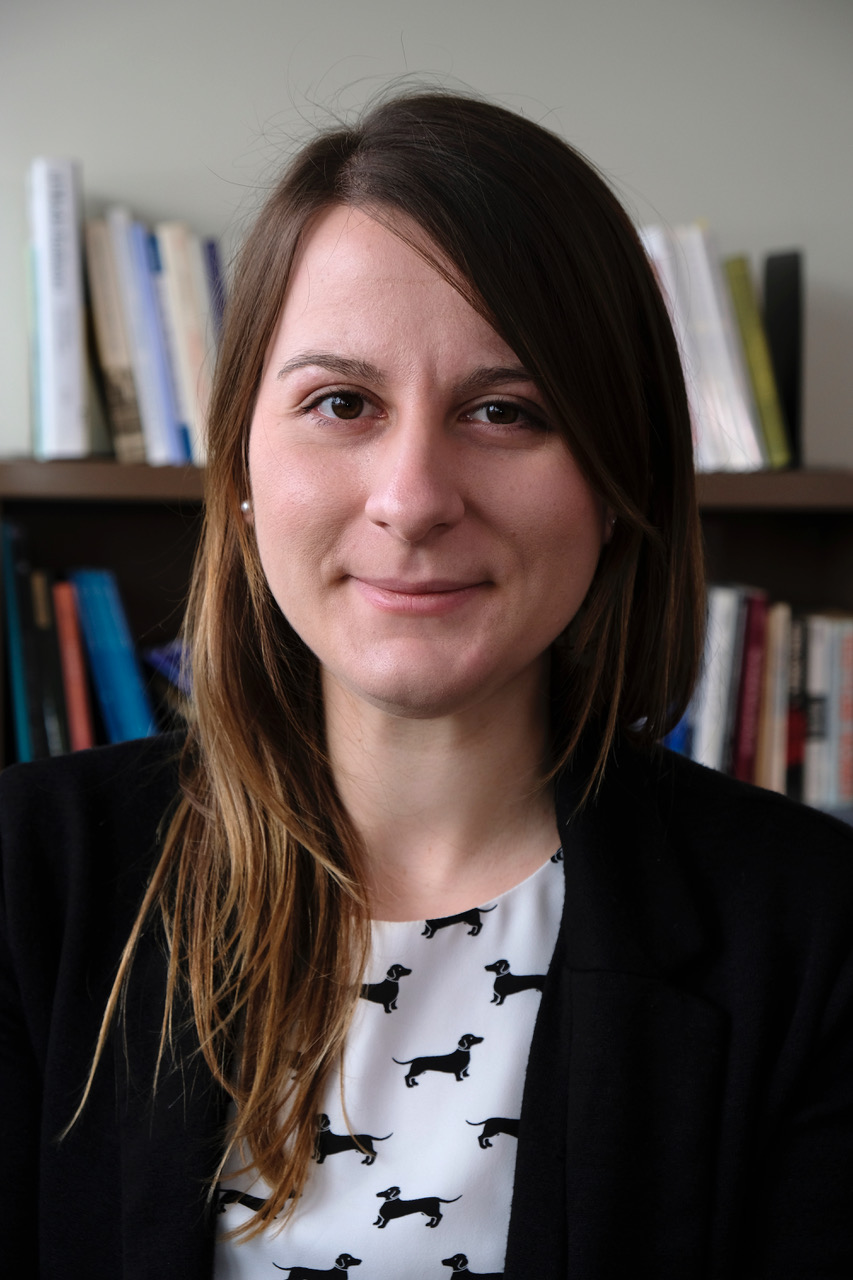
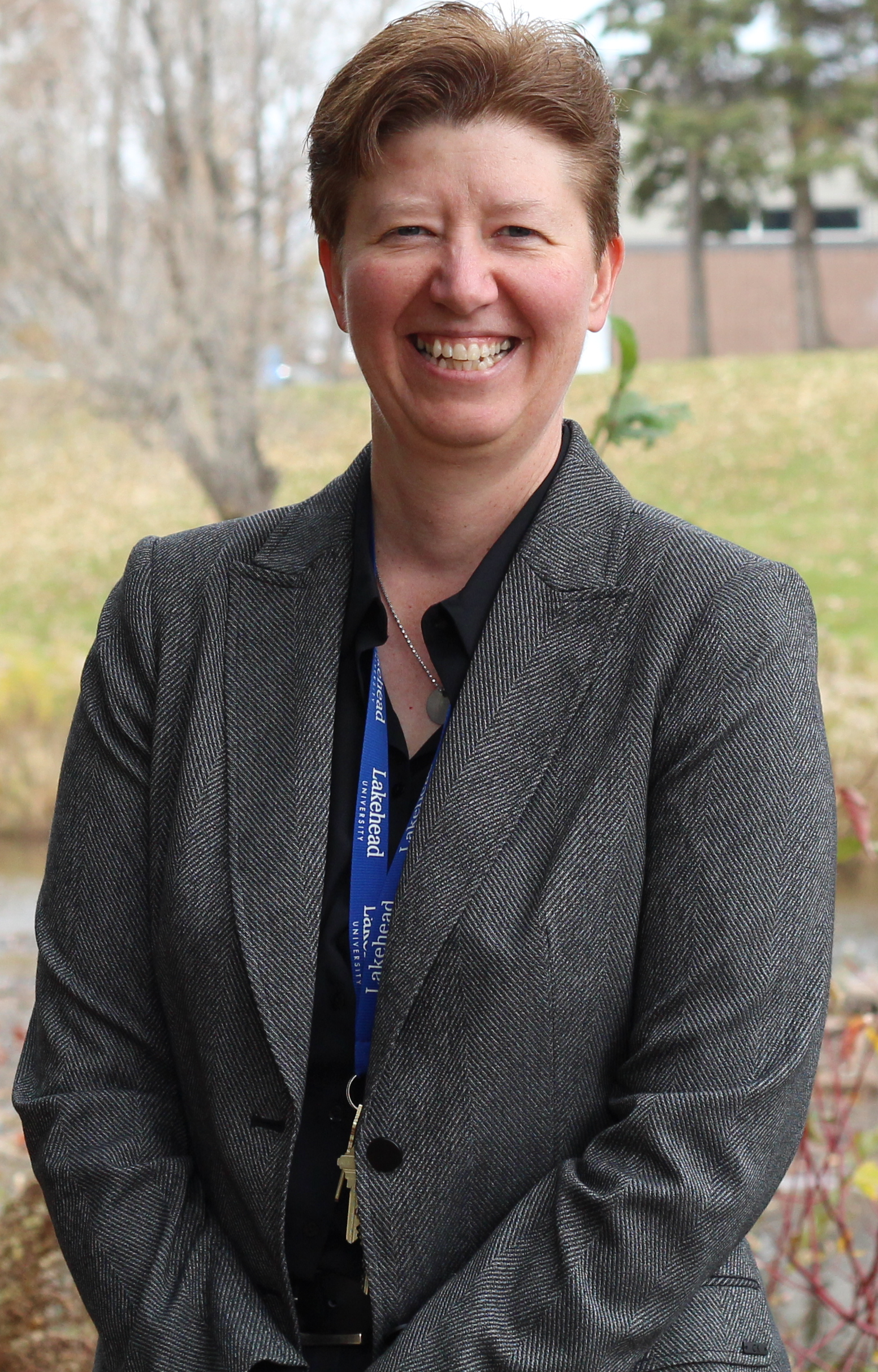 Start Date: April 1, 2022
Start Date: April 1, 2022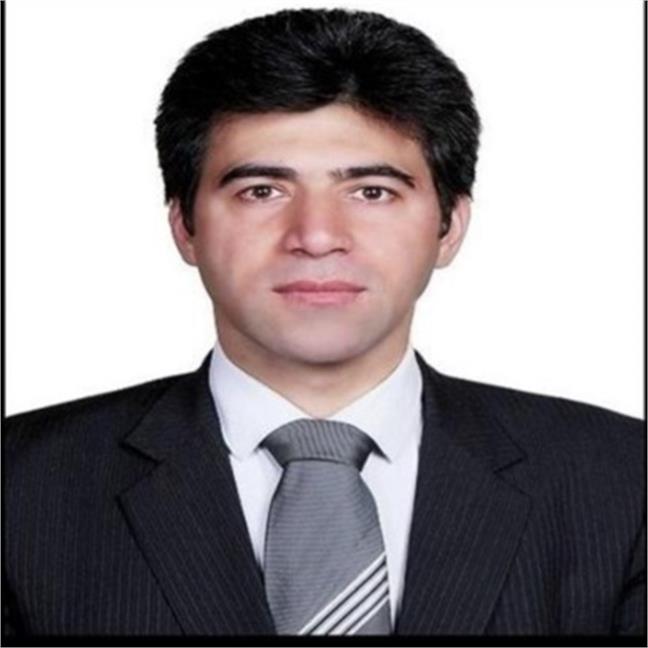 Start Date: September 01, 2023
Start Date: September 01, 2023 Start Date of LU/TBRHRI Research Chair: Oct 1st , 2018
Start Date of LU/TBRHRI Research Chair: Oct 1st , 2018 Website address of researcher
Website address of researcher
 Website address of researcher
Website address of researcher Website address of researcher
Website address of researcher